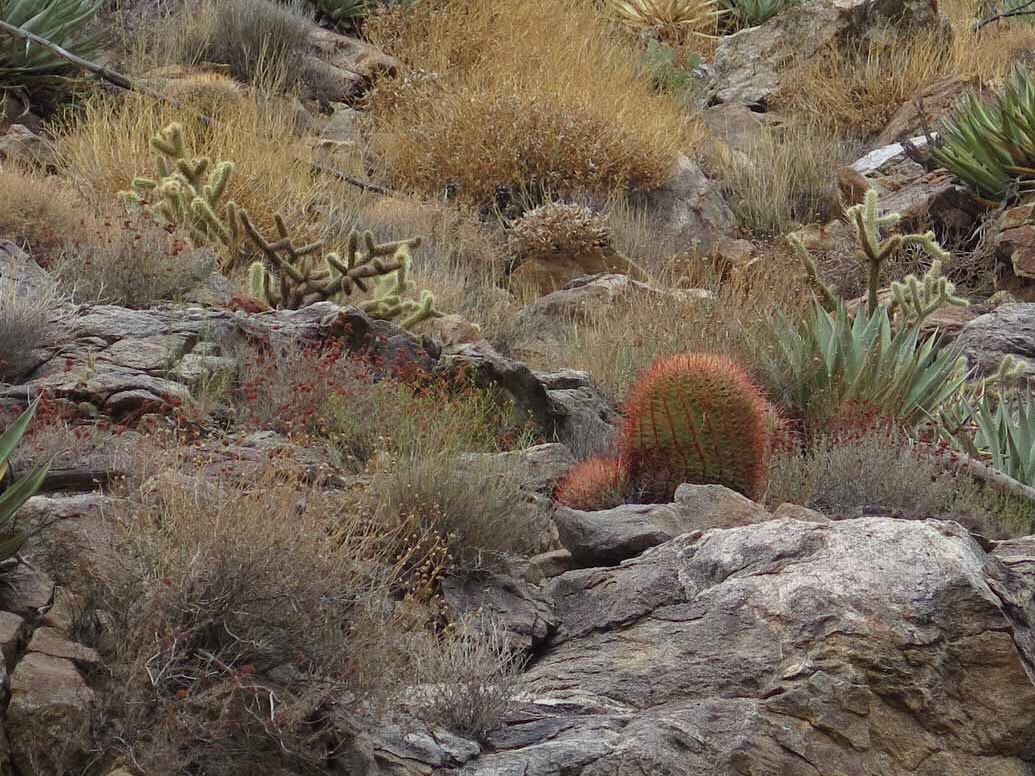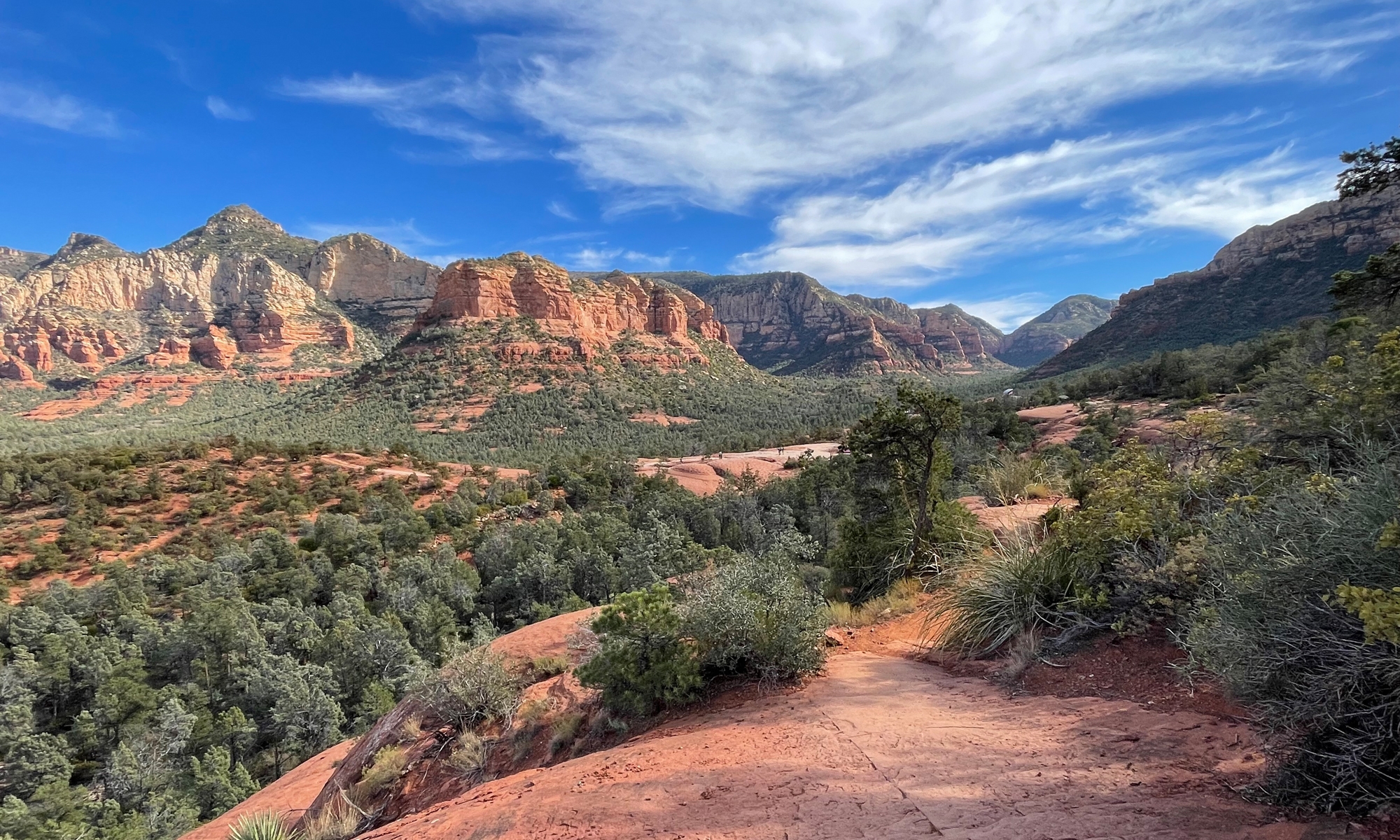Apparently there are now movements amongst nature photographers to stop sharing specific location information when sharing images captured in remote, hard-to-find areas.
On one hand, that sounds a bit extreme. On the other hand, it makes perfect sense. If you’ve ever visited one of the iconic national parks during prime tourist season you’ll probably agree. People can be rather stupid and inconsiderate, especially when traveling in large groups, which is quite common at places like Yellowstone, the Grand Canyon, and Zion National Parks.
So, if you find a secret spot and capture a lovely image or images, do share, just don’t share the exact location. Otherwise, next time you go back, there could be a huge parking lot, fences, people, trash, etc.


Scary thought that we try to cherish nature, and at the same time are able to destroy it. It happens as soon as people have easy access by car. It doesn’t occur much with places only reached through the inconvenience of walking for miles. Interesting find. Cheers from the Black Forest, SonjaM
Cheers to you, too, Sonja. Your easy-to-reach-by-car sentiment is sad, but true. It’s another reason why going off the beaten path is extra rewarding.
I can believe that. I’ve run into a lot of people who are looking to get the same photo that they’ve seen in some famous photographers portfolio. Geo-tagging just makes that simpler. I’ve noticed that when exporting photos under OS X and importing into Blogger, the geolocation and the camera information is stripped from the photo. I don’t think that’s the case with Flickr. I don’t know about FB.
Richard, many people think that photography is about being in the right location. They don’t realize until later that good pictures take skill and work. Visiting those iconic photo locations may yield great views, but professionally made photos are hard to reproduce. And, often, the magic of a location is the atmosphere of the spot, and that’s never the same when hordes of people flock there.
Years ago I thought that the internet phenomenon was a purely positive development: free information on an unknown scale, better ways to share and stay in touch, just a cornucopia of goodness.
Now the dark side is becoming evident. Truth is under siege, and tourism is increasingly a plague.
I read an article recently about a lavender farm in provence. Two years ago a small team of videographers, thought to be YouTubers, made a little video on the lavender farm. Nothing happened. Then a year and a half later, a deluge of Chinese tourists descended on the spot seeking selfies in the spot that appeared in the video. Some locals welcomed the interest and tried their best to charge admission or sell trinkets, but many more were dismayed.
The same phenomenon befell a bookstore in Portugal, in Lisbon I believe, where J.K. Rowling sourced some of her inspiration for Harry Potter. The bookstore is now overrun and now makes its money from charging for admission (refundable against a purchase of books).
It’s all about democratization of information. Professional journalists are now competing with the hordes and can’t keep up with the conspiracy theories, made-up stories and doctored video.
Everyone with a laptop is now a director, producer, actor and special effects editor. Anyone with a FaceBook account and an axe to grind is peddling their trashy views.
It’s not a pretty picture and there is much more than nature hanging in the balance.